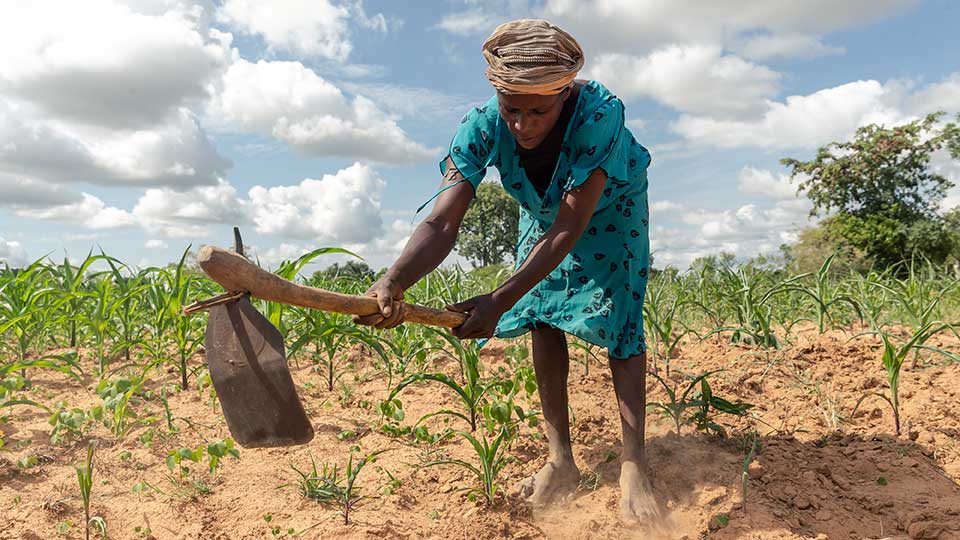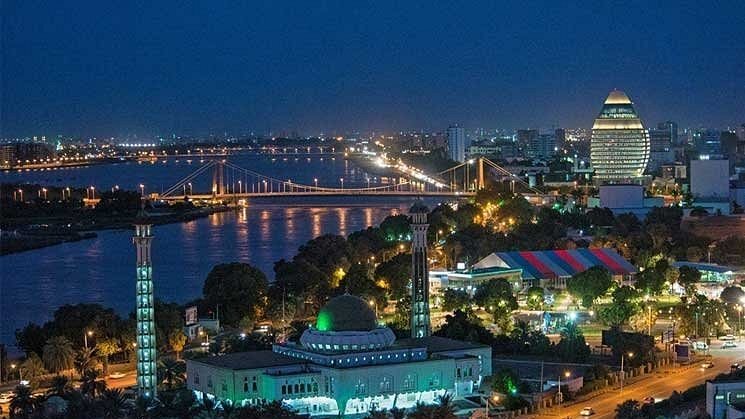
Zimbabwe: Compensation for foreign and local farmers, a key issue for agricultural recovery
Zimbabwe, after more than two decades of agrarian and economic turbulence, is entering a new historic phase with the compensation of farmers who were victims of land seizures orchestrated in the early 2000s. This gesture, which symbolises both an act of reparation and an attempt to normalise diplomatic relations with the West, is crucial for the rehabilitation of the Zimbabwean agricultural sector, once the pillar of the country's economy.
Land grabs: a dark page in Zimbabwe's history
In 2000, under the rule of Robert Mugabe, Zimbabwe began a major land reform campaign. The aim, according to Mugabe, was to redress the inequalities inherited from colonial rule by redistributing land from large white landowners to the black population. About 4,500 white farmers were dispossessed of their land, often violently, leading to a dramatic drop in agricultural production. The policy, while popular among some segments of the population, led to a major economic crisis. Zimbabwe, once known as the "breadbasket of southern Africa," saw its agriculture plunge into chaos, with recurring famines and devastating hyperinflation.
For many observers, this reform accelerated Zimbabwe's isolation on the international stage. The economic sanctions imposed by the West, in response to seizures and human rights violations under Mugabe, contributed to plunging the country into a crisis from which it is still struggling to recover today.
Compensation: a first step towards reconciliation
The current president, Emmerson Mnangagwa, who succeeded Mugabe in 2017, is seeking to turn the page on that period by announcing a plan to compensate affected farmers. As part of the 2024 budget, $20 million will be paid this month to foreign and local farmers who lost their land during the invasions at the time. They include farmers from Belgium, Germany, as well as 400 black Zimbabwean farmers who, although rarely mentioned, also suffered considerable losses.
The effort is part of a much larger $3.5 billion program announced in 2020 to compensate about 4,000 white farmers for land seized. But despite good intentions, the program has struggled to be implemented due to lack of funding. To date, the Zimbabwean government has yet to raise the funds needed to compensate all victims.
Mnangagwa and the quest for international legitimacy
The gesture of compensating the farmers is not only a question of fairness. For Mnangagwa, it is also a strategy to lift Zimbabwe out of its economic isolation. Since 2000, the country has been excluded from the international financial system, with a colossal external debt estimated at $12 billion. By compensating the farmers, the government hopes not only to restore diplomatic and economic relations with Western countries, but also to pave the way for aid from the International Monetary Fund (IMF), whose mission is expected in Harare in the coming weeks.
President Mnangagwa, in an attempt to turn around the country’s economy, is banking on agriculture to revive sluggish economic growth. Zimbabwe’s agricultural production has been severely compromised since the 2000s, and restoring confidence in the sector is crucial to reviving the economy. By compensating farmers, he also hopes to attract new investors and restore agricultural productivity.
A still delicate economic and social situation
Despite this initiative, the road to recovery remains fraught with challenges. Zimbabwe faces considerable economic challenges, exacerbated by drought and political instability. Hyperinflation, food shortages and energy crises are commonplace, while the population continues to suffer from high unemployment and endemic poverty.
Some experts doubt that compensation alone will reverse the trend. The country's agricultural infrastructure is in ruins, and the sector needs deep reforms beyond financial compensation alone. Moreover, diplomatic relations with the West, while slightly improved, remain strained, and the expected financial aid may not be enough to plug the country's budget gaps.
Conclusion: A policy of reparation with uncertain repercussions
Compensating Zimbabwean and foreign farmers is an important step toward reconciliation and redress for past wrongs. But it alone is not enough to fix a crumbling economy. If Mnangagwa hopes to restore Zimbabwe’s international reputation and revive agriculture, he will need to implement broader reforms, accompanied by lasting political stabilization.
Zimbabwe remains at a crossroads: between a possible recovery and an uncertain future, much will depend on the government's ability to manage its debts, stabilise its economy and restore confidence, both domestically and internationally.



Leave a comment
This site is protected by hCaptcha and the hCaptcha Privacy Policy and Terms of Service apply.